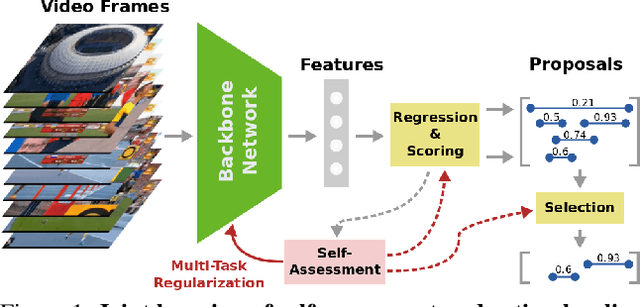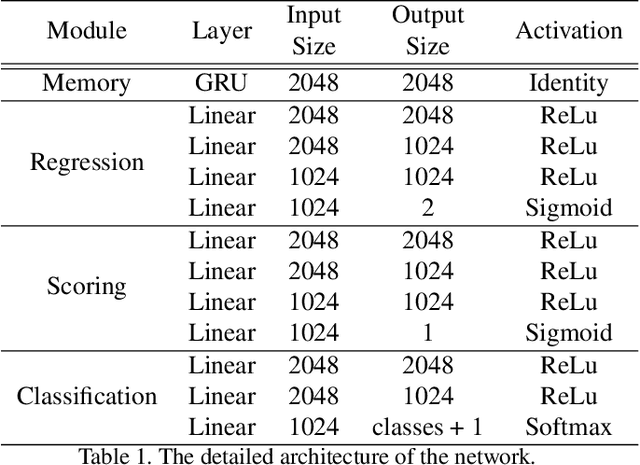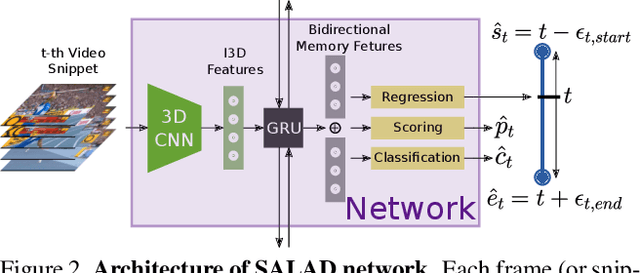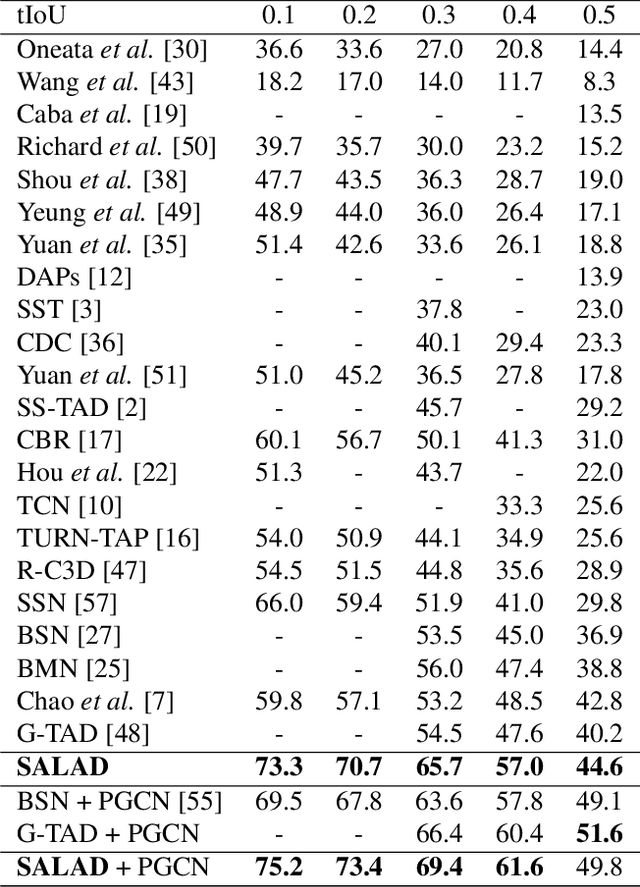SALAD: Self-Assessment Learning for Action Detection
Paper and Code
Nov 13, 2020



Literature on self-assessment in machine learning mainly focuses on the production of well-calibrated algorithms through consensus frameworks i.e. calibration is seen as a problem. Yet, we observe that learning to be properly confident could behave like a powerful regularization and thus, could be an opportunity to improve performance.Precisely, we show that used within a framework of action detection, the learning of a self-assessment score is able to improve the whole action localization process.Experimental results show that our approach outperforms the state-of-the-art on two action detection benchmarks. On THUMOS14 dataset, the mAP at tIoU@0.5 is improved from 42.8\% to 44.6\%, and from 50.4\% to 51.7\% on ActivityNet1.3 dataset. For lower tIoU values, we achieve even more significant improvements on both datasets.
 Add to Chrome
Add to Chrome Add to Firefox
Add to Firefox Add to Edge
Add to Edge